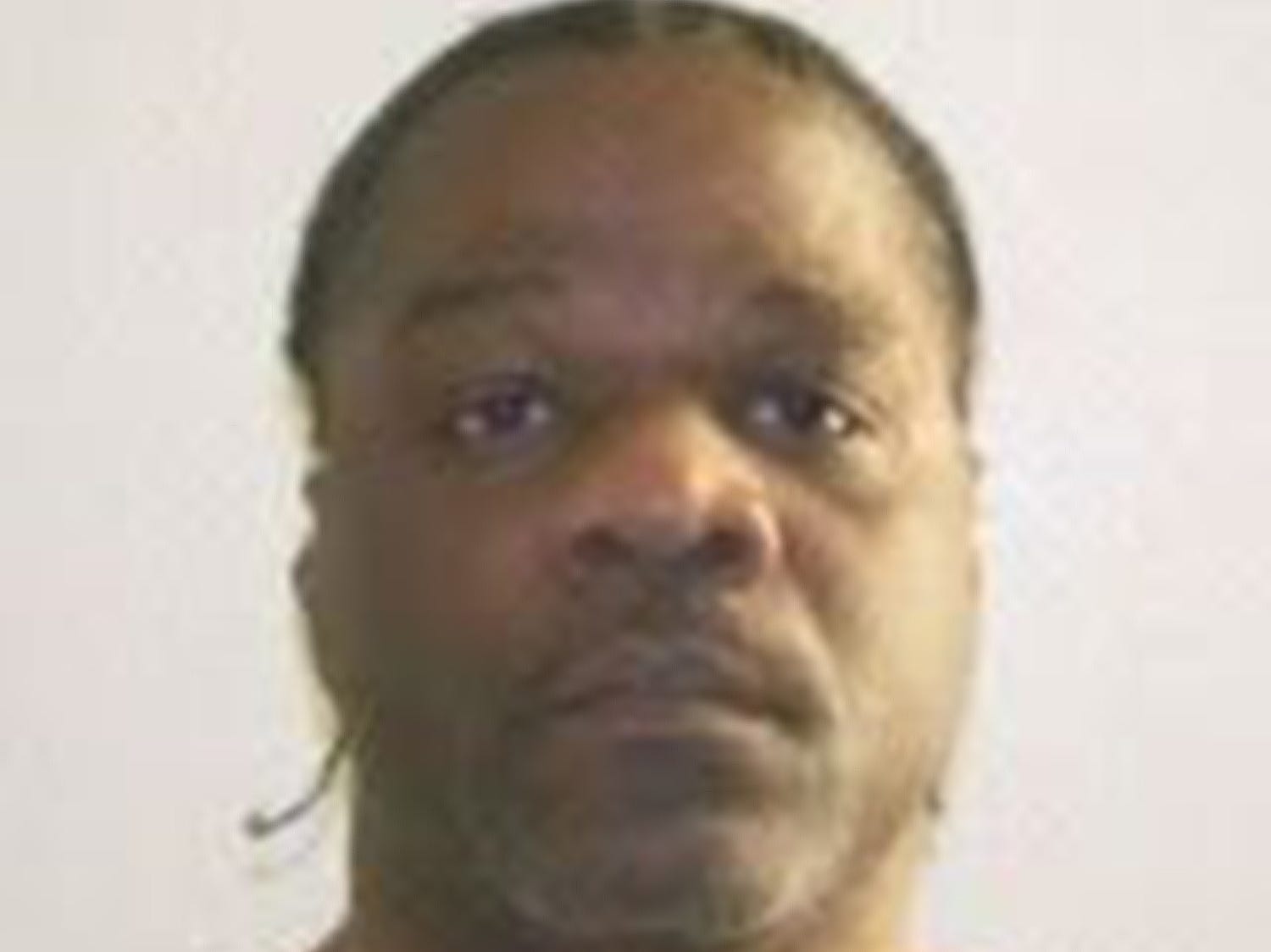
Arkansas Department of Corrections/Handout via REUTERS
- New DNA evidence on a murder weapon points to a different man than the one who was executed for the crime, lawyers say.
- Ledell Lee, an Arkansas man, was executed in 2017 for bludgeoning a young woman to death.
- But Lee's sister and lawyers have continued to try to exonerate him even after his death.
- Visit Insider's homepage for more stories.
Ledell Lee, an Arkansas man convicted of murder and executed in 2017, maintained his innocence for more than two decades on death row.
Now, lawyers with the Innocence Project and the American Civil Liberties Union say new DNA evidence found on a decades-old murder weapon, that had never previously been tested, points to a different man.
The new evidence was found after Lee's family and lawyers sued the city of Jacksonville, Arkansas, last year, seeking to have old evidence tested and analyzed. Patricia Young, Lee's sister, has spent years trying to exonerate her brother and has continued her fight even after Lee was executed by lethal injection in April 2017. The development marks a rare attempt to use DNA evidence to prove a person's innocence after their death.
The DNA results, which were obtained nearly three decades after prosecutors say Lee used a club to bludgeon Debra Reese to death, "proved to be incomplete and partial," a lawyer with the Innocence Project said Tuesday. But the nonprofit, which works to exonerate those they believe have been wrongfully convicted, said the discovery was "notable" and allowed for consideration of new DNA profiles that had not been available during Lee's trial or post-conviction appeals.
The new testing found DNA evidence from an unknown man on the club's bloody handle and both samples seem to belong to the same man, who was not Lee, lawyers said. The suspect's profile was uploaded to the FBI's national criminal database but did not match any profiles of people who have been previously convicted or arrested in connection to violent crimes.
"However, the DNA profile will now remain in the database and will be automatically compared to all new profiles from convicted persons, arrestees or unsolved crimes that are entered in the future," lawyers and Young said in a joint statement.
The prosecution's case relied heavily on eyewitness testimony and both the Innocence Project and ACLU had previously pressed for more DNA testing following Lee's conviction. A request for new analysis on the eve of Lee's execution was also denied. A federal judge said he had "simply delayed too long,' according to Young's lawsuit.
Many criticized the state of Arkansas for rushing Lee's execution and several others during an 11-day period in 2017 as the state's supply of lethal injection drugs was on the verge of expiring. In a late-night 5-4 ruling, the Supreme Court gave Arkansas the go-ahead to execute Lee.
Trump-appointee Neil Gorsuch cast the deciding vote with his first recorded vote as a justice on the high court.
Arkansas Gov. Asa Hutchinson defended Lee's execution during a press conference Tuesday after the discovery of the new DNA, saying it had been his "duty to carry out the law." Leslie Rutledge, the state's attorney general also defended the execution in a statement, according to The New York Times.
"The courts consistently rejected Ledell Lee's frivolous claims because the evidence demonstrated beyond any shadow of a doubt that he murdered Debra Reese by beating her to death inside her home with a tire thumper," she reportedly said. "I am prayerful that Debra's family has had closure following his lawful execution in 2017."
Young's lawsuit also pushed the city to, for the first time, compare fingerprints found at the crime scene to a national fingerprint database. Lee's fingerprints did not match any found at the scene. Lawyers fighting on behalf of Lee have also claimed witnesses were given a "shockingly" biased photo lineup, according to The Washington Post, and that Lee's appellate attorney had been drunk and unprepared at hearings.
Dit artikel is oorspronkelijk verschenen op z24.nl